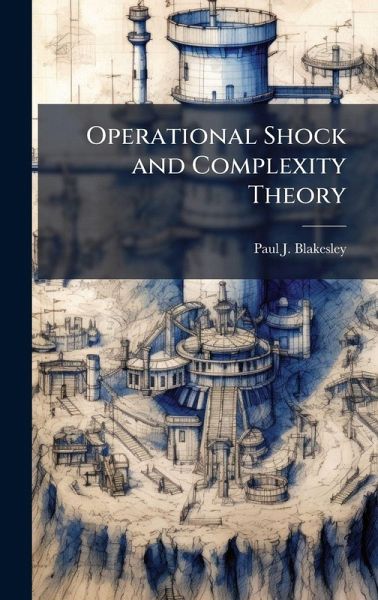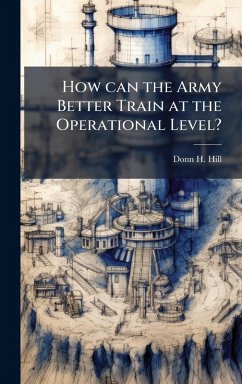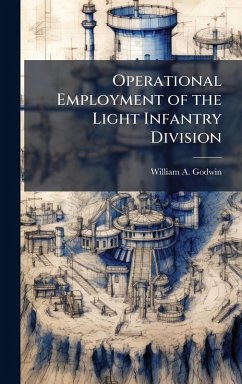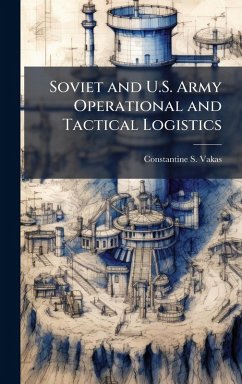
Operational Shock and Complexity Theory
Versandkostenfrei!
Versandfertig in über 4 Wochen
29,99 €
inkl. MwSt.
Weitere Ausgaben:

PAYBACK Punkte
15 °P sammeln!
From the Classical Period until the Seventeenth century, the study of warfare was practiced predominantly using the vehicle of history. The scientific revolution, ushered in by Newtonian laws, had a major impact on Western military thinking. By believing in the power of reductionism, planners were taught to decompose problems into their constituent parts and solve them, almost in isolation. This analysis was followed by a synthesis of the constituent parts in order to solve the problem. Newtonian science began to falter at the beginning of the Twentieth century with the advent of systems theor...
From the Classical Period until the Seventeenth century, the study of warfare was practiced predominantly using the vehicle of history. The scientific revolution, ushered in by Newtonian laws, had a major impact on Western military thinking. By believing in the power of reductionism, planners were taught to decompose problems into their constituent parts and solve them, almost in isolation. This analysis was followed by a synthesis of the constituent parts in order to solve the problem. Newtonian science began to falter at the beginning of the Twentieth century with the advent of systems theory. Complexity theory developed from the study of complex adaptive systems that exhibited a self-organizing capability that prevented them from slipping into chaos. A complex system adapts to its surroundings and learns from its interactions. This learning enables the system to maximize its position vis-à-vis its environment and can lead to an emergence of a new and unexpected system that cannot be predicted from the original elements. These new sciences stress non-linearity and the need to view problems holistically. The United States, by developing some of the best-trained and technologically equipped soldiers in the world, has exponentially reduced the chance of it fighting a high intensity conflict in the near or medium future. Ironically, the mastery of this type of warfare has forced others to alter their conduct of warfare. There has been a resurgence in challenges by non-state actors, something not seen for centuries. Military Operations exhibit the signs indicative of complex behavior. Despite recognizing the change in the environment and the enemy, US Army doctrine is still rooted in the symmetrical battle concept and many current theoretical models do not adequately deal with the increasing complexity of war, including the concept of operational shock. Because of the mechanistic reductionism, the models do not lend themselves to future combat situations where emergen This work has been selected by scholars as being culturally important, and is part of the knowledge base of civilization as we know it. This work was reproduced from the original artifact, and remains as true to the original work as possible. Therefore, you will see the original copyright references, library stamps (as most of these works have been housed in our most important libraries around the world), and other notations in the work. This work is in the public domain in the United States of America, and possibly other nations. Within the United States, you may freely copy and distribute this work, as no entity (individual or corporate) has a copyright on the body of the work. As a reproduction of a historical artifact, this work may contain missing or blurred pages, poor pictures, errant marks, etc. Scholars believe, and we concur, that this work is important enough to be preserved, reproduced, and made generally available to the public. We appreciate your support of the preservation process, and thank you for being an important part of keeping this knowledge alive and relevant.












